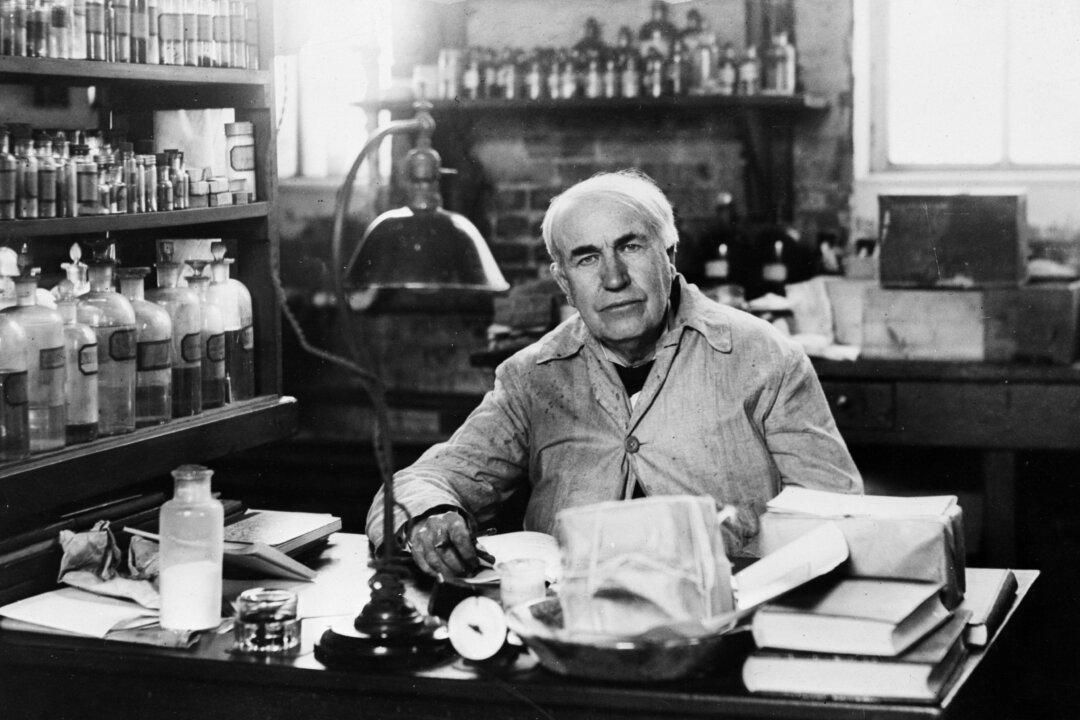I was in the public library browsing Sam Weinman’s “Win at Losing: How Our Biggest Setbacks Can Lead to Our Biggest Gains,” when one chapter stopped my fingers dead in their tracks. I found a chair, read for a few minutes, and remembered Susan Lucci.
From 1970 to 2011, Lucci played Erica Kane on the soap opera “All My Children.” While I never watched this show, Susan Lucci was a household name, not because of her role on television but because for 18 years, she received an Emmy nomination for the “Outstanding Lead Actress in a Drama Series” and for 18 years, she walked away from the ceremony without a trophy. Her losing streak became a measuring stick of failure, a national metaphor applied to other losers. As Weinman writes, the Chicago Cubs were the “Susan Lucci of baseball,” the Buffalo Bills “the Susan Lucci of football,” and Martin Scorsese “the Susan Lucci of the Oscars.”





